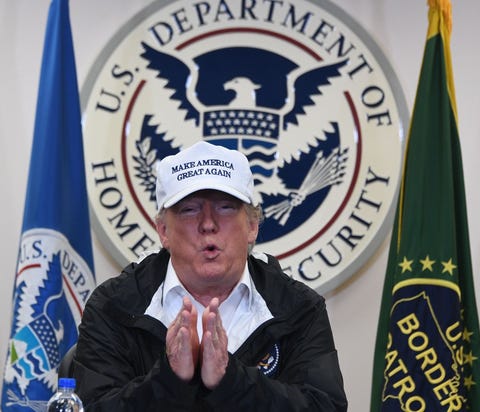I’ve made it a priority to fight
so that Americans no longer face discrimination because of who they are or who
they love.
And David, I’m enraged by the latest actions of Donald Trump against the LGBTQ
community. His administration is taking steps to allow private employers to fire
employees based on sexual orientation.
As reported by Buzzfeed News on Friday:
|
The Trump administration took its
hardest line yet to legalize anti-gay discrimination on Friday when it asked
the Supreme Court to declare that federal law allows private companies to
fire workers based only on their sexual orientation.
An amicus brief filed by the Justice Department weighed in on two cases
involving gay workers and what is meant by Title VII of the Civil Rights Act
of 1964, which bans discrimination "because of sex." The
administration argued courts nationwide should stop reading the civil rights
law to protect gay, lesbian, and bisexual workers from bias because it was
not originally intended to do so.
|
The Trump
administration’s outrageous legal filing is only the latest step in their
campaign against LGBTQ rights. They’ve made it harder for same-sex couples to
adopt. They ended an Obama-era rule that protected transgender Americans in
public housing programs from discrimination. And they’ve let Mitch McConnell
hold up a Senate vote on the Equality Act for months.
The media spends a lot of time on Trump’s erratic behavior, tweets, and
offensive statements. At the end of the day, what’s even more disturbing to me
are his policies -- because his policies go right against the values of
liberty, fairness, and justice that I’ve fought for my whole career.
His administration’s argument for employment discrimination should be condemned
across the political spectrum. And that’s why I need your help today so we can
raise our voices as high as possible.
Add your name now and demand that the Supreme Court stand on the
side of equality.
Thank you,
Jennifer


